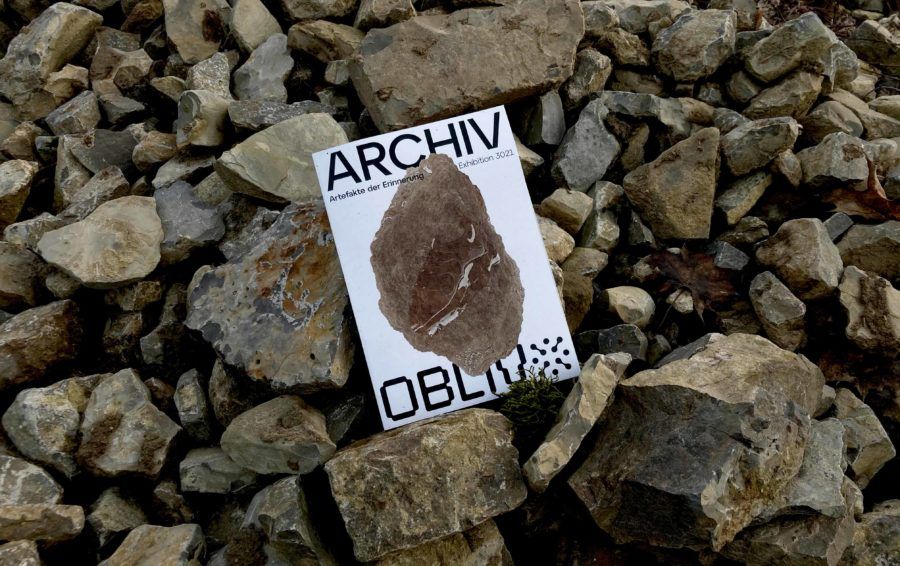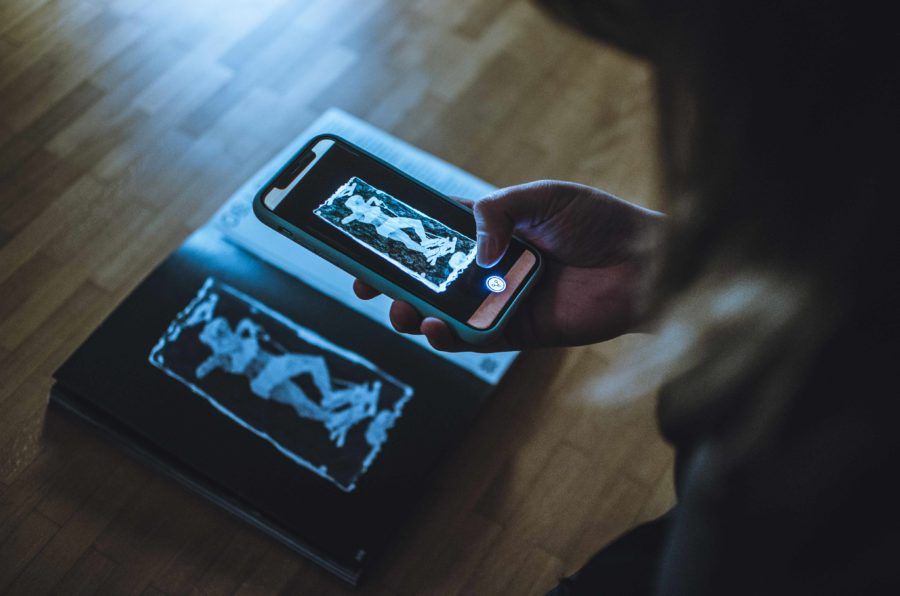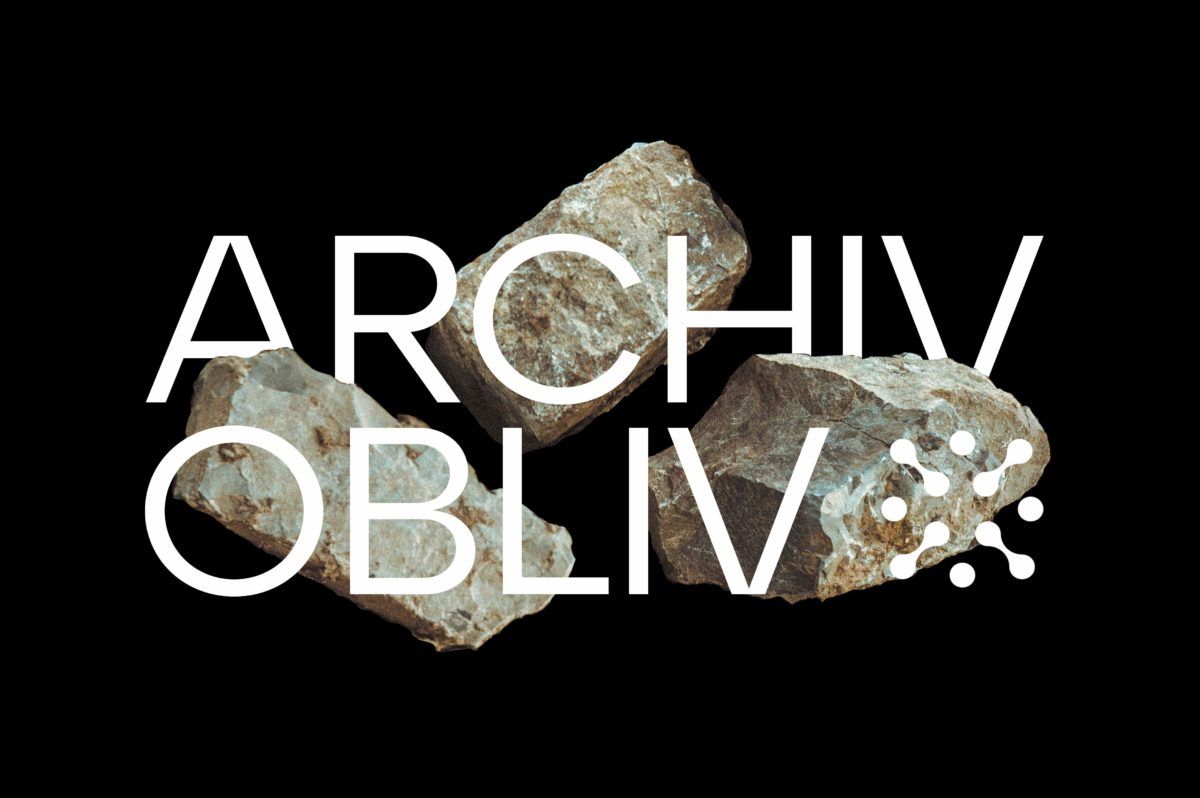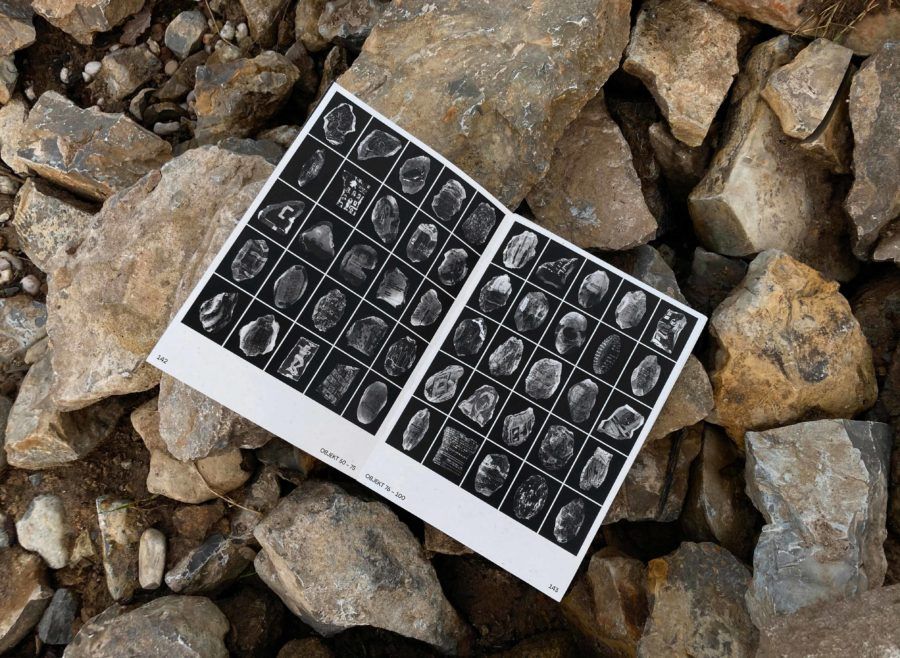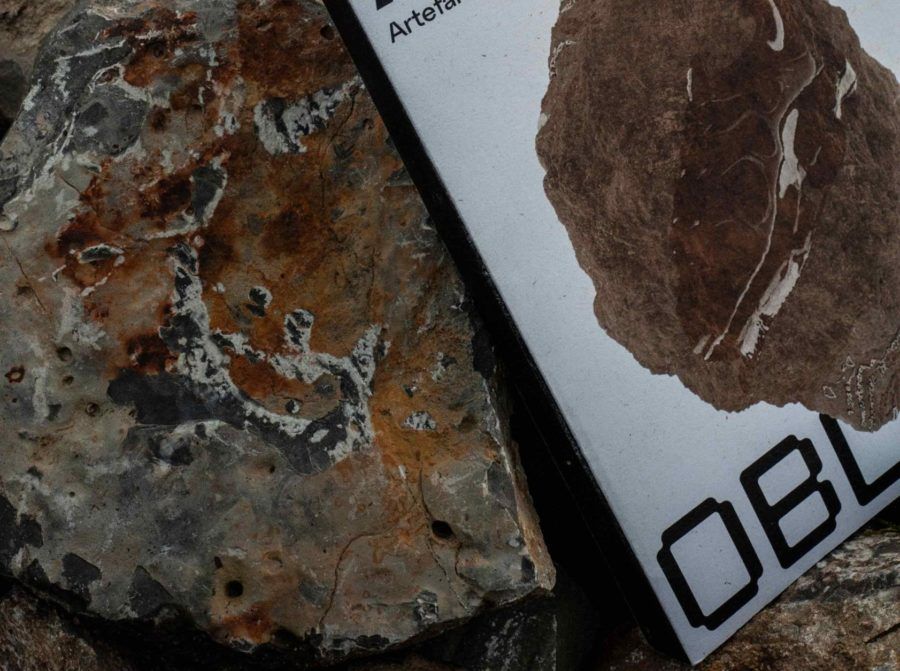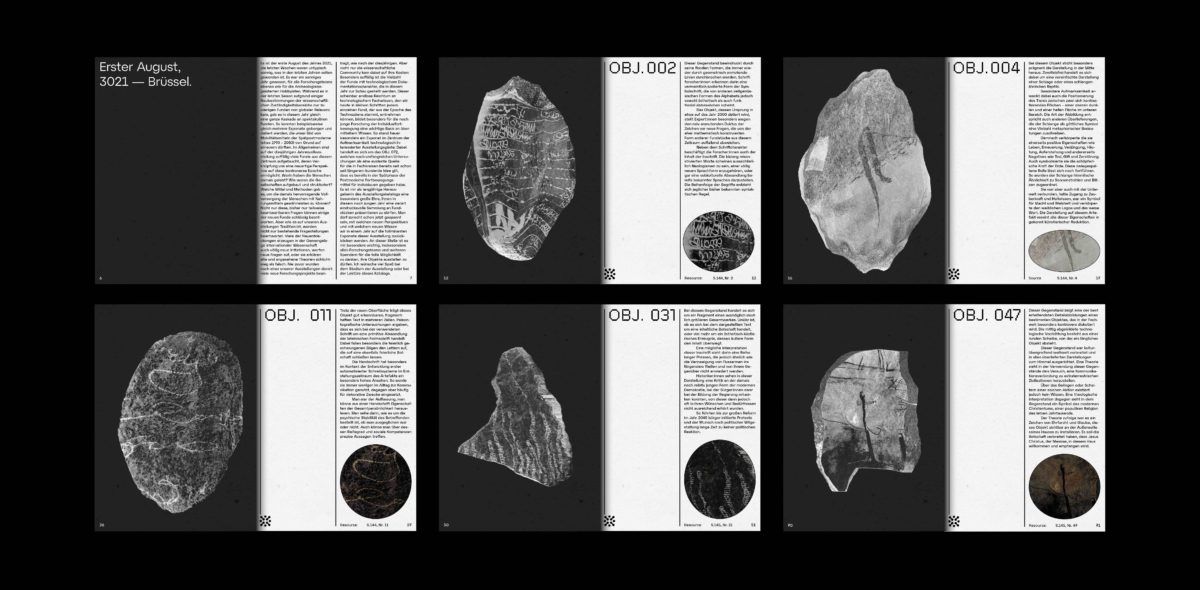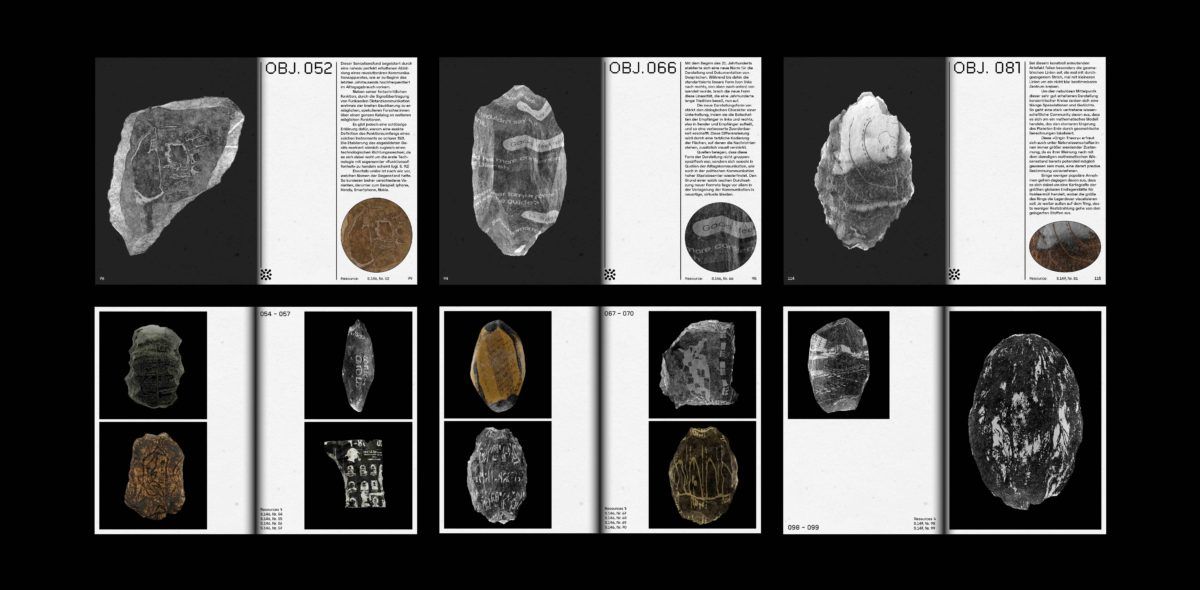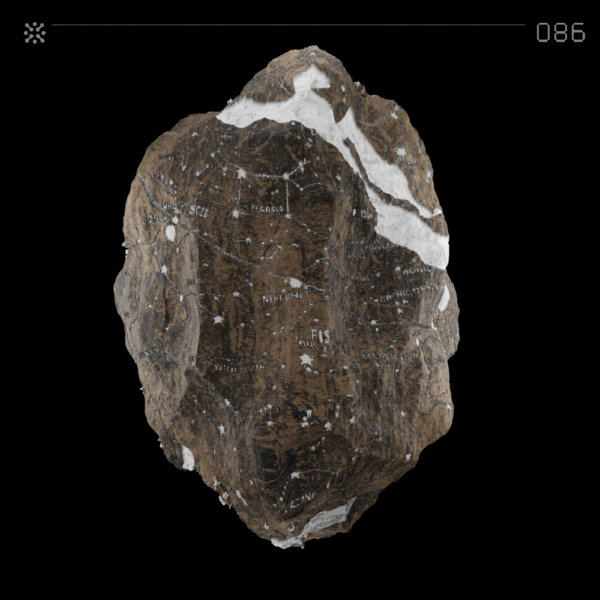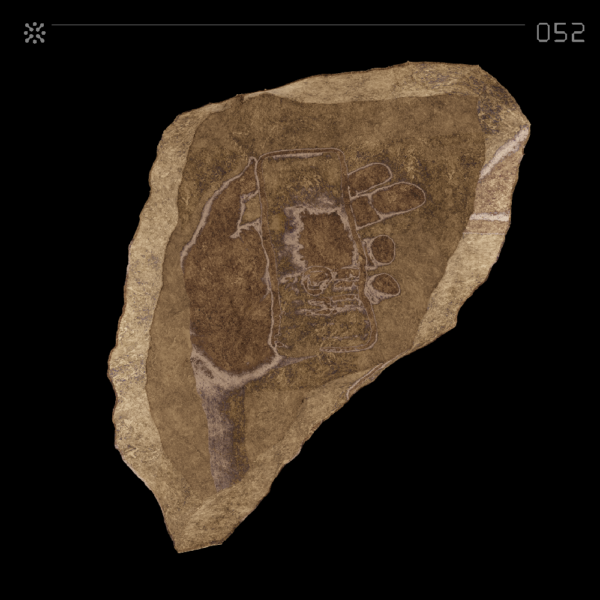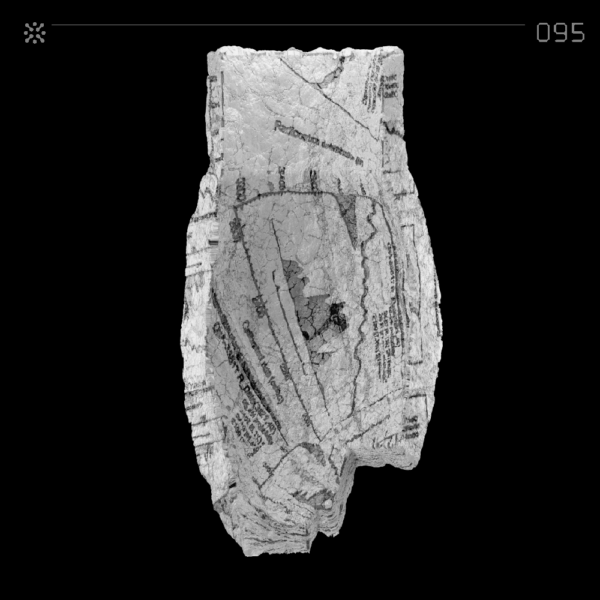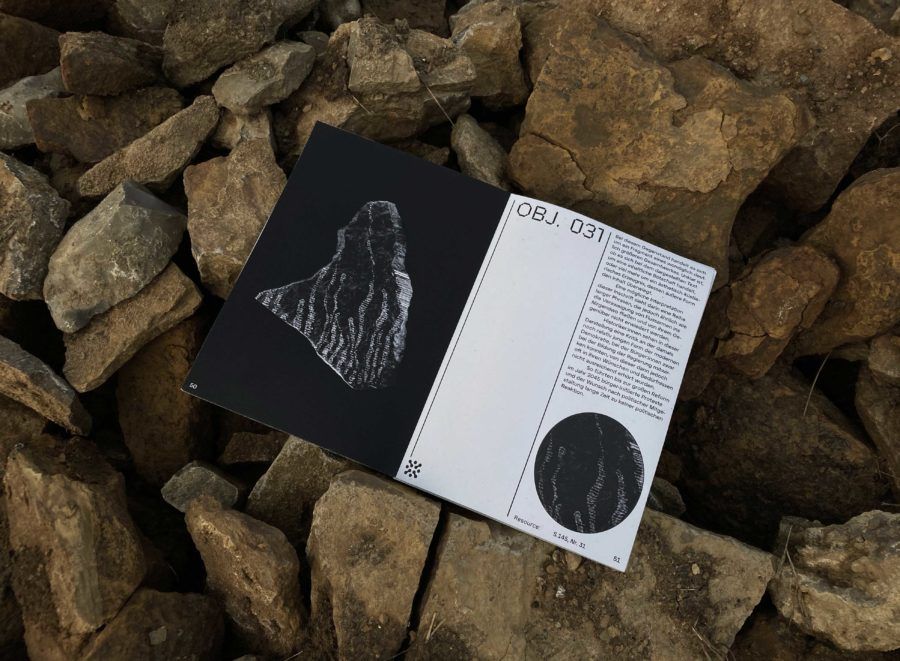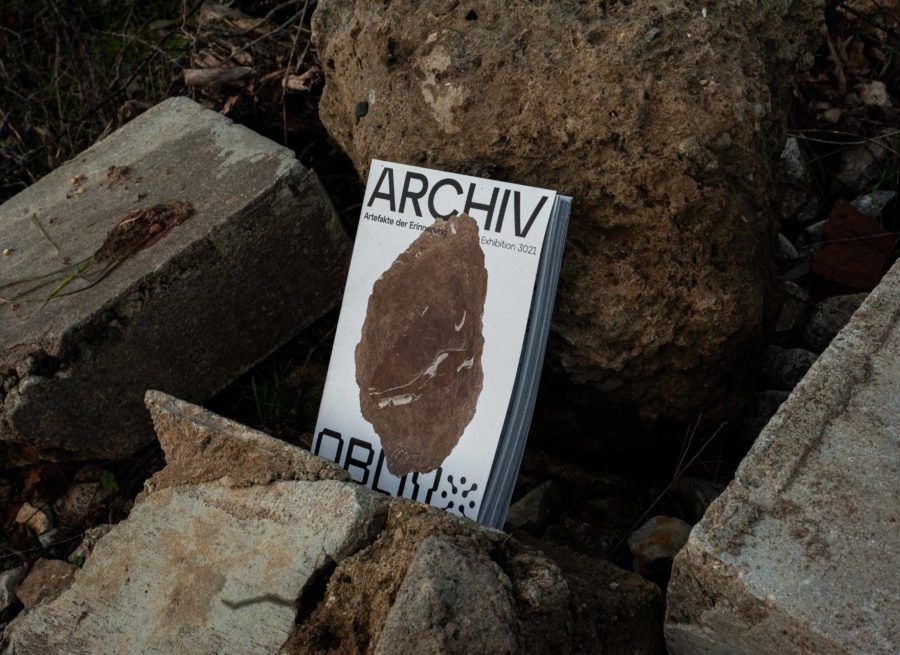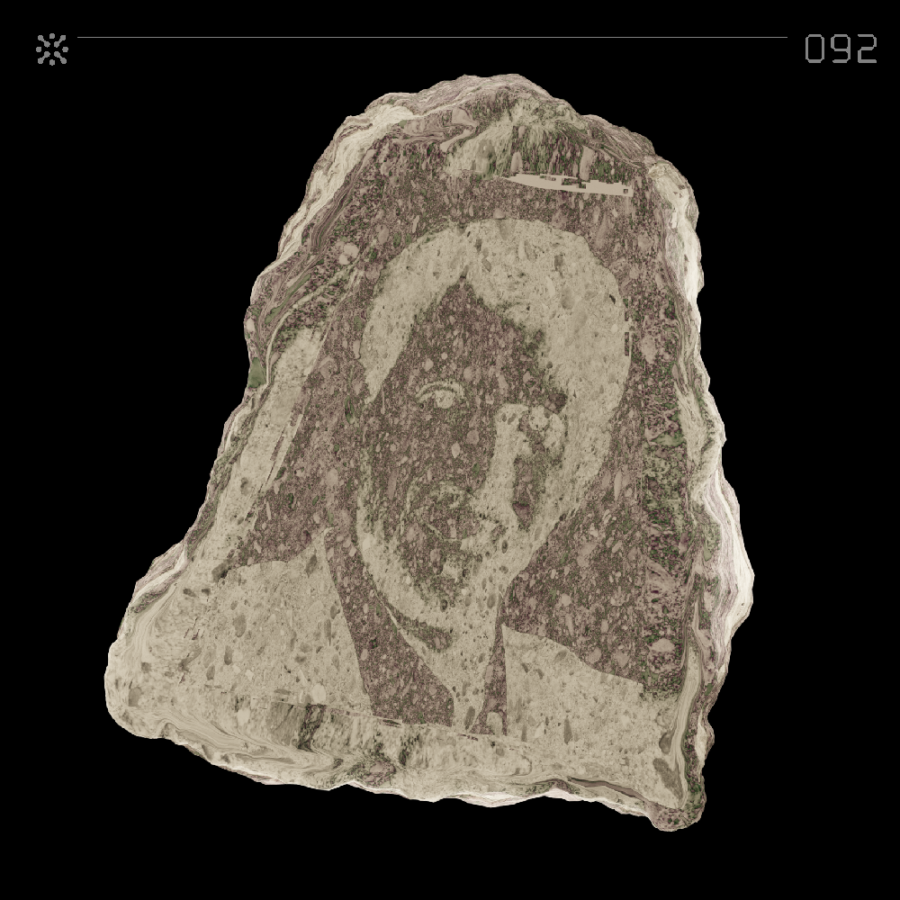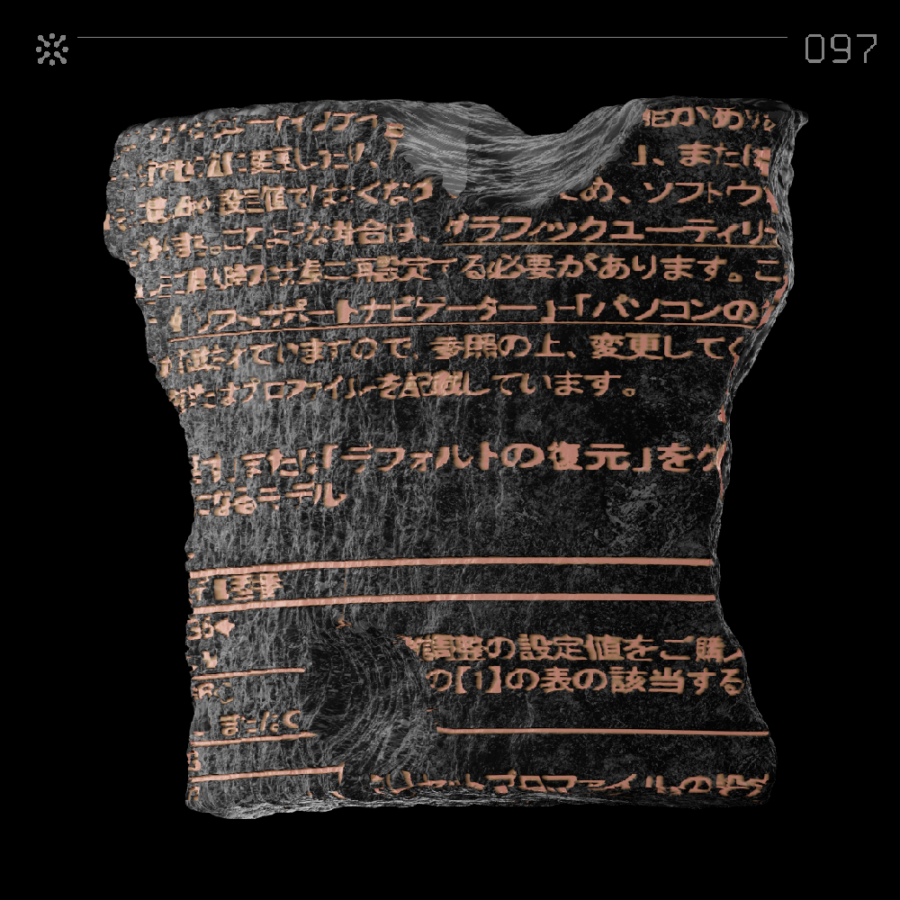Archiv Obliv
Jakob Weber
What will happen to our digital memories? Our human memories aren’t just a direct copy of our perception, permanent and forever frozen in time. Much more our brain is constantly reshaping and manipulating our memories. Digital memories are data. In the early ages of the internet people thought, digitalism would radically change the way we remember things. Information would not longer be subjective, fluid and open for manipulation. This would also drastically change the way we document our personal biography. And while our brain is automatically trained to forget about irrelevant stuff, we are today collecting more data junk than ever.
But digital data isn’t permanent aswell. It can be compressed, manipulated, overwritten, fragmented, get lost, etc – which opens up the question: What kind of information will be left for future generations? How will this data be decoded and interpreted? Archiv OBLIV is a fictive exhibition concept which takes place in the year 3021. The idea is the result from an intensive examination of the topic »digital memories«. In the center of this exhibition there are 100 archeological objects which are scientifically analyzed and put into a historical and cultural context.
Is digitization changing the way we remember? What is the difference between storing information and remembering? Whats the purpose of forgetting? What cultural value could all the data junk we collect today have in far futures? All archeological elements have been 3D-generated. They are projections of random and meaningless data and images found in open source online libarys and the creators own hard drives. All the objects try to mimmic the character of old artifacts and archeological found pieces. The 100 objects are portrayed in the exhibition catalog – 50 of them can be spatially experienced by the help of an augmented reality extension, virtually creating museal experience.
jakob1996@yahoo.com
